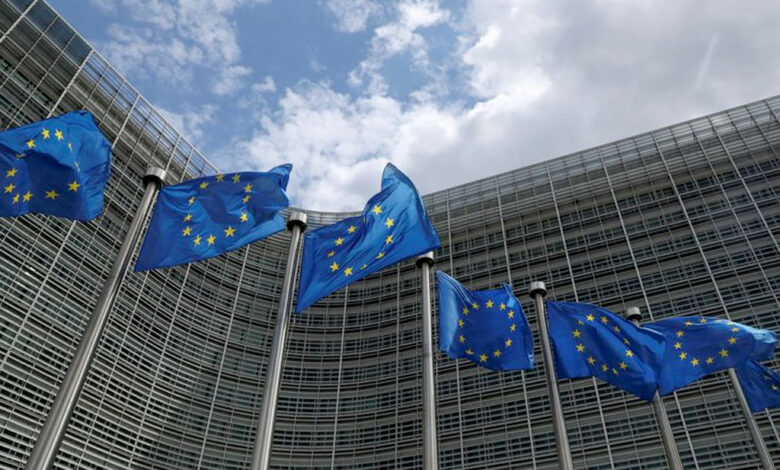Approval of 2035 phaseout of CO2-emitting cars expected from EU countries

EU Energy Ministers to Approve Law Ending Sales of CO2-emitting Cars by 2035, With E-fuels Exemption
The European Union countries’ energy ministers are set to give final approval on Tuesday to the bloc’s law that would end the sales of new CO2-emitting cars in 2035, with an exemption for cars running on e-fuels. This vote comes three weeks later than scheduled, after Germany’s transport ministry lodged a last-minute opposition to the law, threatening to derail the EU’s primary policy to align cars with its climate change targets.
The EU law will require all new cars sold to have zero CO2 emissions from 2035, and 55% lower CO2 emissions from 2030 compared to the 2021 levels. The policy was expected to make it impossible to sell combustion engine cars in the EU from 2035. However, Germany’s exemption offers a potential lifeline to traditional vehicles, even though e-fuels are not yet produced on a large scale.
E-fuels are produced by synthesizing captured CO2 emissions and hydrogen, generated using CO2-free electricity. They are considered carbon-neutral as the CO2 released when the fuel is combusted is balanced by the CO2 removed from the atmosphere to produce the fuel.
EU officials said most countries are likely to approve the law on Tuesday, allowing it to enter into force, while Italy and Poland are set to oppose it, with Romania and Bulgaria expected to abstain. Transport accounts for nearly a quarter of EU emissions. The EU says new CO2-emitting car sales must end in 2035 to comply with the bloc’s goal to have net-zero emissions by 2050, as the average lifespan of new cars is 15 years.
Porsche and Mazda are among the supporters of e-fuels, while other carmakers such as Volkswagen, Mercedes-Benz, and Ford are betting on battery-electric vehicles to decarbonize, and had urged EU countries not to row back the 2035 phase-out.
Besides, EU energy ministers are expected to extend a voluntary target to curb their gas use by 15% for 12 months to prepare for next winter with scarce Russian gas. Some EU officials expected ministers to address a dispute over whether nuclear energy should count towards EU renewable energy targets, a question that has divided countries and is threatening to delay the EU’s main renewables policy.





